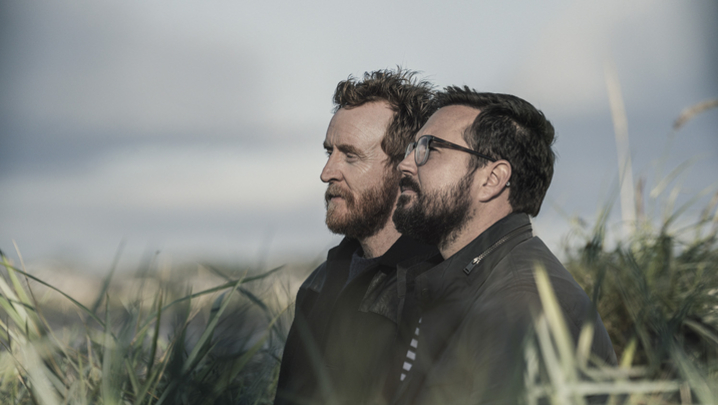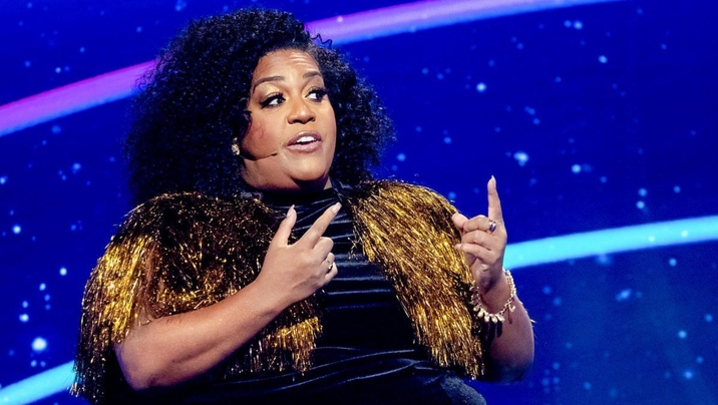As the national lockdown continues, Roger Mosey praises the BBC’s response, and assesses the impact it will have on the corporation’s future
The UK is being tested as never before in peacetime – and in an age when communication is immediate and uncontrollable and diffuse. But, if the nation does come together and get through the challenges of Covid-19, it will have done so with the help of the most traditional forms of public service broadcasting (PSB).
This is an unexpected twist in what had seemed like an inevitable trajectory. We were witnessing a sharp decline in linear television, the rise of the global streaming companies, an erosion of trust in the old, “impartial” sources – and some within the Government were gleefully celebrating the potential end of the BBC as we knew it.
As recently as February, a Downing Street source – believed by everyone to be Dominic Cummings – briefed The Sunday Times about the corporation: “We are having a consultation, and we will whack it”.
The end of the licence fee appeared to be in sight, with the forced sell-off of many television and radio services. Even the normally emollient Nicky Morgan, at that time still culture secretary, issued a warning about PSB, saying, “we don’t want a beacon of British values and world-class entertainment ending up like Blockbuster”, which got under the skin of BBC executives.
“There is a danger that politicians catastrophise the situation”, was the tart rejoinder from the corporate press office. “The BBC is the most-used media organisation in the UK.... You wouldn’t think that from some of the things being said today.”
Now everything has shifted. Ministers, who had been boycotting programmes from Radio 4’s Today to ITV’s Good Morning Britain – because they thought they no longer needed them – are back in the early-morning interview slots to discuss the public health emergency.
The Prime Minister’s broadcast to the nation on 23 March about the coronavirus lockdown, was viewed by around 27 million people, with a majority of those watching on the BBC. Younger audiences are rediscovering the value of live television. And hard, factual news – across every platform – is back in fashion.
PSB, on all channels, has been overwhelmingly good and responsible; and, as the skies across the world have darkened, it has entertained us as well as kept us informed.
But the big questions remain. Which vision of the broadcasting landscape will prevail in the longer term if, as we hope, things gets back to normal? Will the PSBs be able to cement their wish to remain at the centre of our national life? Or will the forces of change continue to hack away at their foundations? There is a lull now while the Government and broadcasters are preoccupied with much greater challenges, but the debate will resume when business settles into whatever is its new pattern.
Ofcom will continue to worry away over the future of its brood of channels – the BBC, ITV1, Channel 4, Channel 5 and S4C – while Sky will again proclaim its own civic credentials. More importantly, the truce between Downing Street and the BBC will probably be a brief one – not least because some decisions, on decriminalisation of the licence fee or a settlement on payments by the elderly, must be taken.
"Public service broadcasting, on all channels, has been overwhelmingly good and responsible"
There is cautious optimism within the BBC that ministers are listening more sympathetically. Corporation executives have noted, with relief, that Boris Johnson and Dominic Cummings appear to be diverging about the licence fee, with the PM less keen on confrontation.
A shrewd observer, close to the decision-making process, told me: “I think the current crisis – and the strong performance of the PSBs, and the BBC in particular – have fundamentally shifted the debate.”
The new Secretary of State, Oliver Dowden, has confirmed that the licence fee will continue until at least 2027; and some have spotted what one calls “a developing view from government and general stakeholders that PSB is a critical part of the UK’s very successful media ecology”.
The BBC has shown phenomenal powers of survival over the decades, and this may seem like another Houdini-like escape from a padlocked cupboard. But its most serious challenges remain.
It doesn’t have enough money to do what it wants to do, hobbled by the terrible deal it did with the Government in 2015. Younger audiences may be back with the Beeb for now, but the allure of Netflix and YouTube will reassert itself. The cry from the growing army of refuseniks will be heard again: “Why do we have to pay a compulsory fee to the BBC for something we don’t use?
It is an easy answer to point out just how necessary the corporation is during a crisis such as the present one. If anything alone justified the licence fee, this is it. But its strengths during the health emergency cast into a new light its editorial weaknesses in recent years on other nation-defining issues, notably Brexit.
In this crisis, the BBC has rightly given prominence to experts and it has taken judgements on what is accurate and what is not. It hasn’t hesitated to put sober, explanatory and, frankly, old-fashioned programmes into the peak schedule. It has listened carefully to what audiences have been saying, and it has given them a voice without allowing panic and misinformation to spread.
We all know politics is different, but the PSBs went awry in their Brexit coverage by failing to understand the popular sentiments that were bubbling away across the country; and they were caught out by their own metropolitan perspectives.
More seriously, they defined impartiality as a robotic balance in which one view was immediately countermanded by another. They also failed to explain the topics where there was an overwhelming professional consensus.
The broadcasters were swept along by the obsessions of the Westminster political and media elite, which meant that they ignored the massive issues that were sitting in plain sight – such as the Irish border.
Political coverage – which is crucial to supporting our democracy – is a prime example of how public service is crying out to be redefined. Why should we pay a licence fee, or give channels greater prominence, if what they do is the same as everyone else?
More widely, the Government, the regulators and the BBC need to agree what the corporation is there for in the 2020s. One distinguished editor speaks passionately of “the stuff everyone forgets, such as local radio stations that make lonely old people’s lives worth living; such as CBeebies and BBC Learning’s Bitesize and the BBC World Service”.
Those still inside the organisation are nervous about what one calls “too much ‘inform’ and ‘educate’, without enough ‘entertain’” – but perhaps the corporation should worry less about universality and instead stand its ground on what it alone can do and how that is essential for the nation.
By this route, it might end up being a smaller BBC but one that could experiment with different funding models. A former top executive says he believes that a new shape, with mixed-market financing, is the answer: “That’s the way that public service instincts, skills, culture and traditions could be cherished and protected.”
What is unmistakable is that, for the whole sector, amid a health emergency and the meltdown of economies, these are perilous days. But we have, at least, seen what broadcasting can do – and how a commitment to serving the public, and promoting the truth, is simply indispensable.
Roger Mosey is a former head of BBC Television News and is now the Master of Selwyn College, Cambridge.






